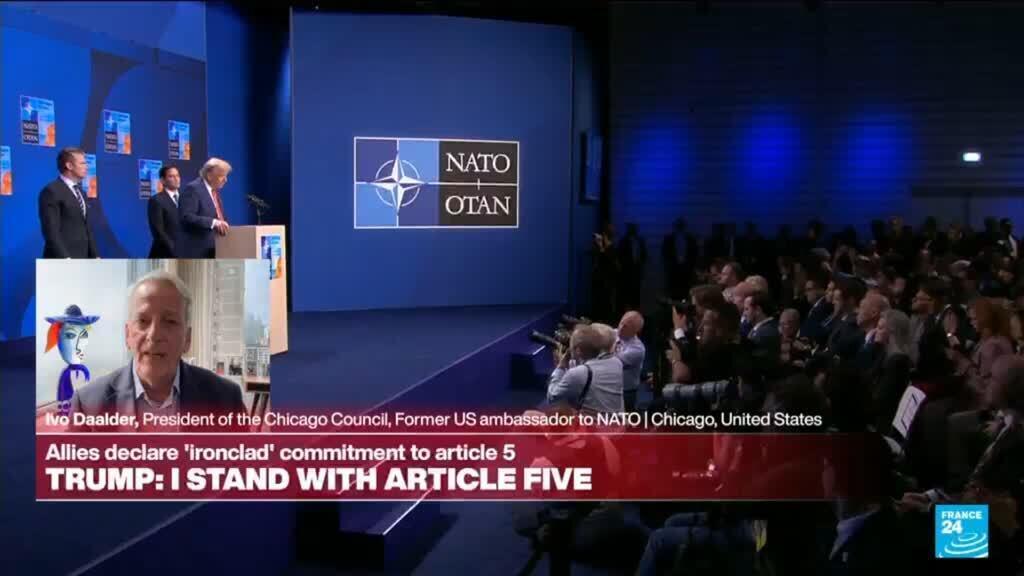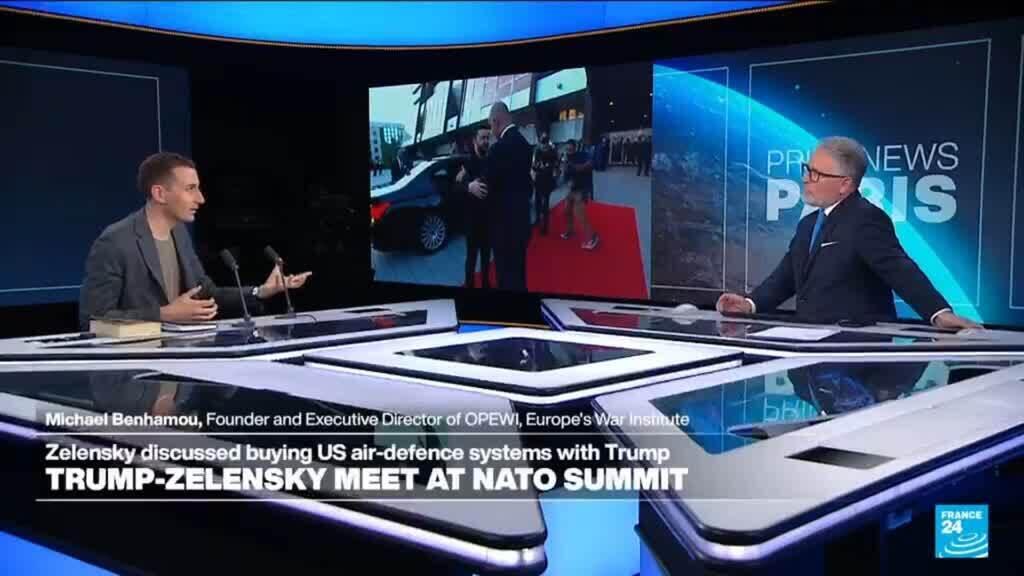On Wednesday, U.S. President Donald Trump concluded his participation in the annual NATO summit held in the Netherlands. This year's summit was marked by a notably more amicable atmosphere towards Trump, in stark contrast to the tension-filled meetings that characterized his first term in office. After a brief visit lasting less than 24 hours, Trump returned to Washington, D.C., having achieved a significant policy change he has advocated for since taking office in 2017.
One of the key outcomes of the summit was a consensus among most NATO member countries, with the exception of Spain, to substantially increase their defense spending. This move aligns with Trump's long-standing demand for NATO allies to contribute more to collective defense efforts, highlighting his administration's focus on burden-sharing within the alliance.
In addition to securing this significant policy shift, Trump reaffirmed his commitment to NATO's mutual defense pledge, a cornerstone of the alliance that remains central to its operational framework. This pledge obligates each member state to defend the others in the event of an attack, reinforcing the unity and collective security that NATO embodies.
The discussions and outcomes of the summit were further analyzed by Delano D'Souza of FRANCE 24, who welcomed Ivo H. Daalder, the President of the Chicago Council on Global Affairs and a former U.S. ambassador to NATO under President Barack Obama. Their conversation provided deeper insights into the implications of the summit's results and the evolving dynamics within the NATO alliance.
Overall, this year's NATO summit showcased a shift in relations between Trump and other member states, indicating a more cooperative approach to addressing key defense issues. The commitment to increasing defense spending not only aims to enhance the military capabilities of member nations but also reflects an overall strategy to strengthen NATO’s collective defense posture in the face of evolving global threats.












